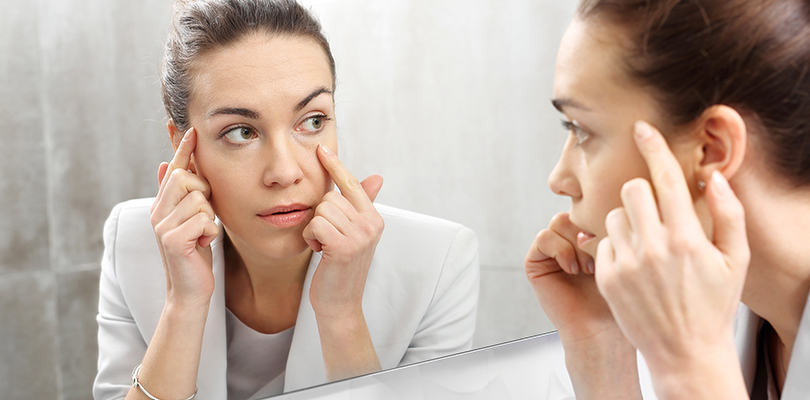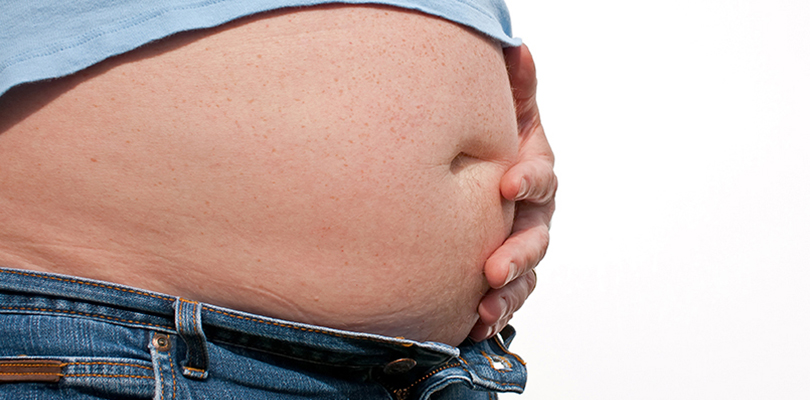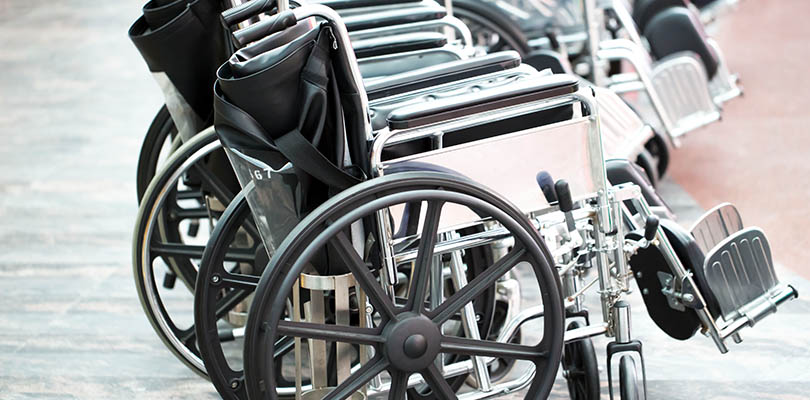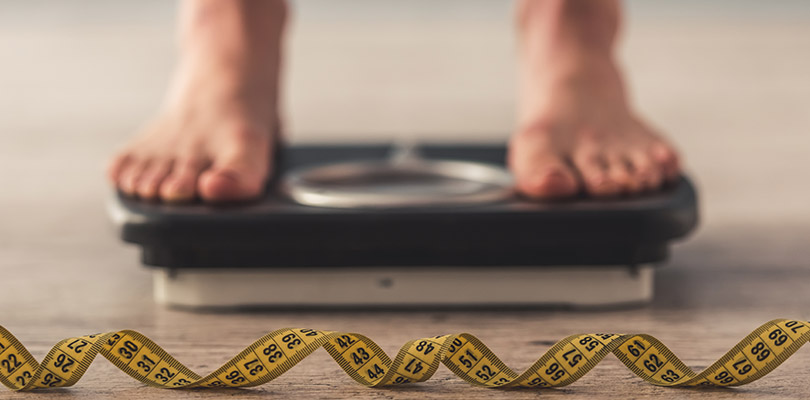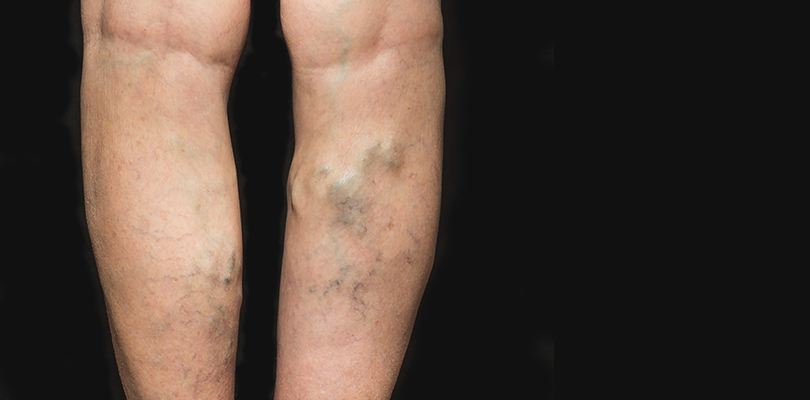How to Bring Hydration Back to Your Dry Eyes
When your eyes are dry, they can be an annoying and uncomfortable. This affects millions of people. It occurs when tears fail to keep the eye surface lubricated. Friction results in eye sensitivity, redness and irritation.
Sometimes they are a result from inadequate tear production. The makeup of tears may be less lubricating in some individuals. Whatever the origin, they are uncomfortable. Your eyes may burn and sting. At times they may be dry and at other times they may be red and watery. Blurring of vision and eye fatigue may occur as well.
What Causes Dry Eyes?
The red, itchy uncomfortable feeling of this health condition is ultimately caused by a lack of tear production. There are several things that can cause a lack of tear production such as age, different medical conditions, laser eye surgery and damage to the tear glands.
While there are health factors, there are also environmental factors that can cause dry eyes. Wind, smoke and dry air can dry out your eyes.
Fortunately, there are several types of treatments.
What Are the Risk Factors for Dry Eyes
If you have dry eyes, there are different things to consider that can play a factor:
- Being 50 years or older
- Being a female
- Consuming a diet low in vitamins, like vitamin A and omega 3
- Wearing contact lenses
Fortunately, there are several types of treatments.
Different Medication That Can Cause Dry Eye
This health condition may arise from a wide array of causes. Therefore, an evaluation by an optometrist is necessary. An eye specialist can give a precise diagnosis and prescribe an effective treatment plan for your eyes.
Many over-the-counter and prescription drugs may contribute to dry eyes. There are a few medications that are known to cause dry eyes in individuals:
- Hormone therapies
- Allergy medications
- Prescriptions used to treat Parkinson’s disease
- High blood pressure medications
- Anxiety reducing pharmaceuticals
Sometimes a simple change in medication resolves eye discomfort and dryness.
Lifestyle Changes to Reduce Dry Eye Symptoms
- Protect your eyes from harsh light, wind, and temperature extremes. Wrap around sunglasses provides excellent protection from the elements. Wear good quality sunglasses whenever you are outdoors.
- Environmental allergies may contribute to dry eyes. Take preventative steps so that you can reduce your sensitivity. If seasonal allergy symptoms are present, consult with your doctor or pharmacist regarding remedies that have a reduced likelihood of causing dry eyes.
- Use natural cleansers on your body and in your environment. Only use hypoallergenic products on your face.
- Avoid smoky or smoggy conditions when possible. Don’t sit next to fans, heaters, wood stoves, or air conditioners.
The flu vaccine (or flu shot) is an annually administered dose of a mixture of materials that are designed to protect against yearly seasonal influenzas.
- Some people find that sleeping with an eye mask on relieves discomfort. Try placing a moist cloth over your eye area. Black tea bags reduce puffiness and irritation when applied to closed eyes.
- Avoid eye strain. Limit reading, television and computer time. Make sure that you have adequate light while performing detailed tasks. Avoid night driving if that is uncomfortable.
- Drink plenty of water. Limit your intake of caffeine and alcohol as both compounds are drying.
- Do not smoke. If you are a smoker, talk with your doctor about quit smoking programs and treatment options.
- Eat a well-balanced diet. Include plenty of colorful produce. Be sure to consume purple, orange, red, yellow and green fruits and vegetables in your diet every day. They contain phytochemicals which improve eye health.
- Take a high-quality multivitamin daily. Several vitamin and mineral products are readily available which support eye health.
Medication and Professional Treatment for Dry Eyes
Over-the-counter lubricating eye drops, gels and ointments can provide temporary relief for mild or intermittent dry eye. Don’t use drops which contain antihistamine medications designed to relieve eye redness as antihistamines are drying.
Dry eyes may require treatment with prescription medications, surgery or other procedures.
Advanced Treatment Options for Dry Eyes
Plugs can be surgically implanted into tear ducts to prevent drainage of tears. Sometimes the ducts that drain tears away from the eyes are surgically closed in an attempt to keep the eye moist. Medications and technology are used to increase tear production.
Dry Eyes: Help is Available Now!
While experts are exploring even better treatment options than currently available, help is available now. You do not have to be plagued by dry eyes.
Talk with your health care providers and an optometrist, and implement the lifestyle changes outlined above and you may notice your eye health and comfort level improve.
If you suffer from this health condition, it's good to try and pinpoint what may be causing it, so your health care provider and formulate an adequate treatment plan.
